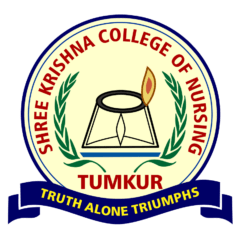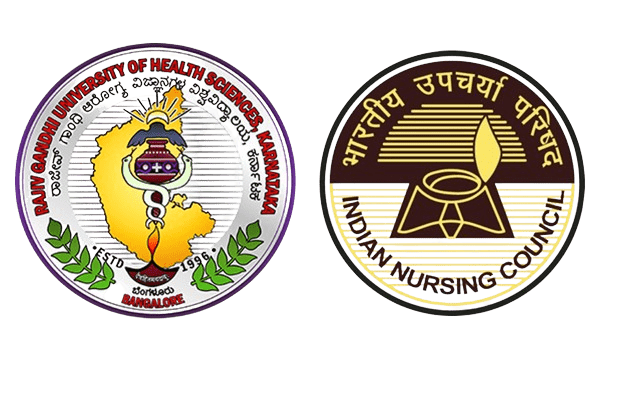The Master of Science in Nursing (M.Sc. Nursing) is a two-year postgraduate program designed to provide advanced education and specialized training for registered nurses. This program equips nursing professionals with the expertise needed to take on leadership roles in healthcare, engage in research, and contribute to the development of healthcare policies and practices. M.Sc. Nursing offers specialization in various fields, allowing nurses to focus on areas of interest and further their careers.



